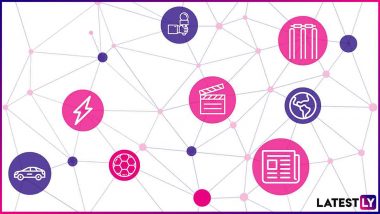Mumbai, Dec 16 (PTI) Non-performing assets (NPAs) of peer-to-peer lending entities more than doubled to Rs 1,163 crore at the end of FY24, a report said on Monday.
Peer-to-peer (P2P) lenders raise funds from investors for on-lending to individuals or entities.
The total quantum of sour loans stood at Rs 472.1 crore at the end of FY23, Capitalmind Financial Services said, citing RBI data revealed in response to an RTI (right to information) application.
The NPAs for the relatively new line of lenders are estimated to be 17 per cent of the total lending by such financiers, it said.
Data showing the heightened stress comes at a time when the P2P sector has been imposed with strict regulatory measures following concerns from various quarters. P2P entities say the new guidelines are a body blow to the sector.
In a statement, Capitalmind said the RBI measures focus on elimination of loan pooling, which ensures direct exposure between lenders and borrowers, and increase transparency by mandating platforms to provide detailed borrower information, including credit scores, to help lenders make informed decisions.
Additionally, it has been mandated to settle transactions within one day via escrow accounts, and caps have been put on both lending (at Rs 50 lakh across platforms per lender) and borrowing (at Rs 10 lakh with a Rs 50,000 limit for single lender), it said.
Capitalmind said that while these measures aim to stabilise the sector, they also present hurdles that could stifle growth and innovation.
"The current crisis underscores the need for a balanced approach to regulation -- one that protects stakeholders without stifling the industry's potential to bridge India's vast credit gap," it added.
(This is an unedited and auto-generated story from Syndicated News feed, LatestLY Staff may not have modified or edited the content body)













 Quickly
Quickly

















